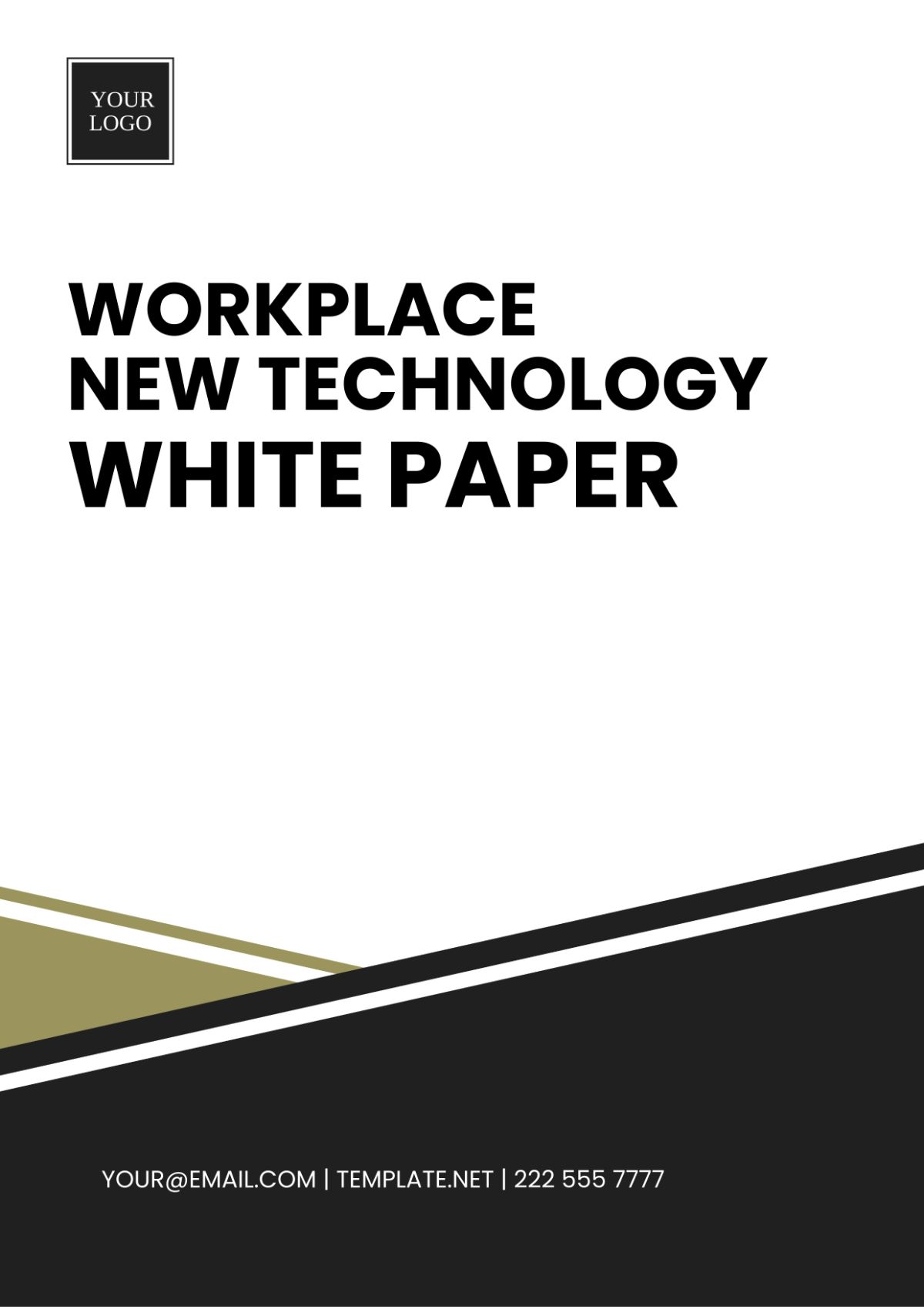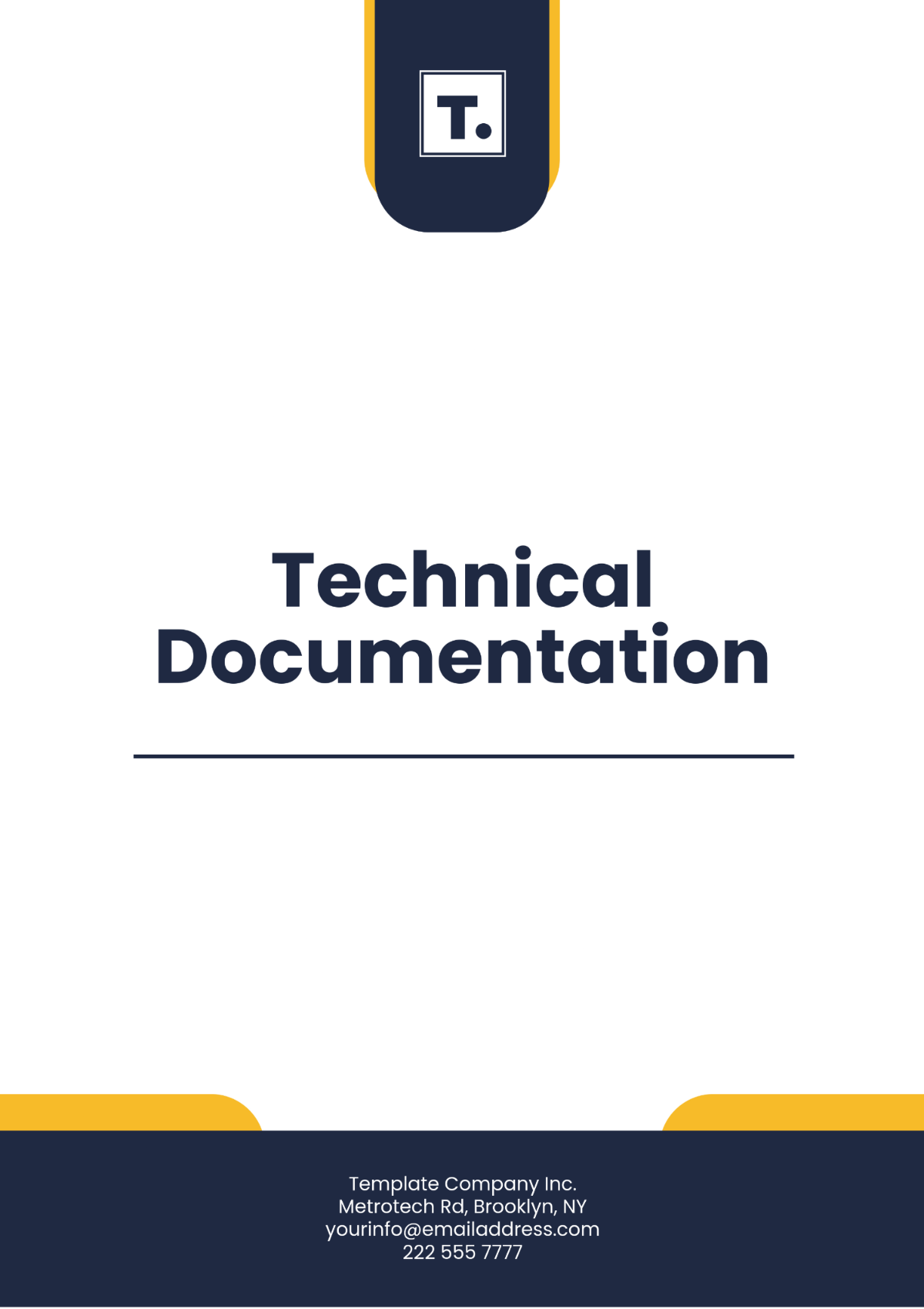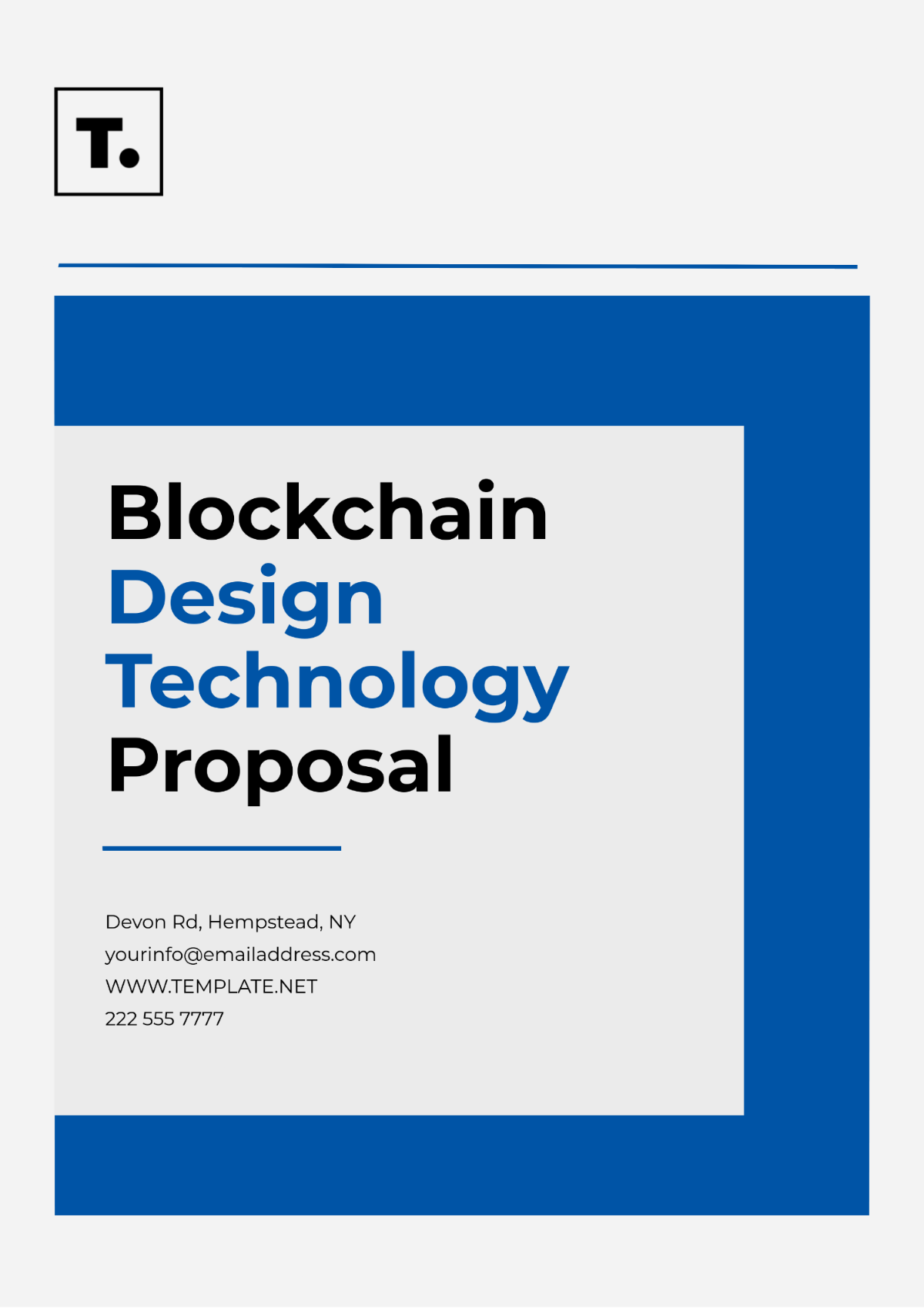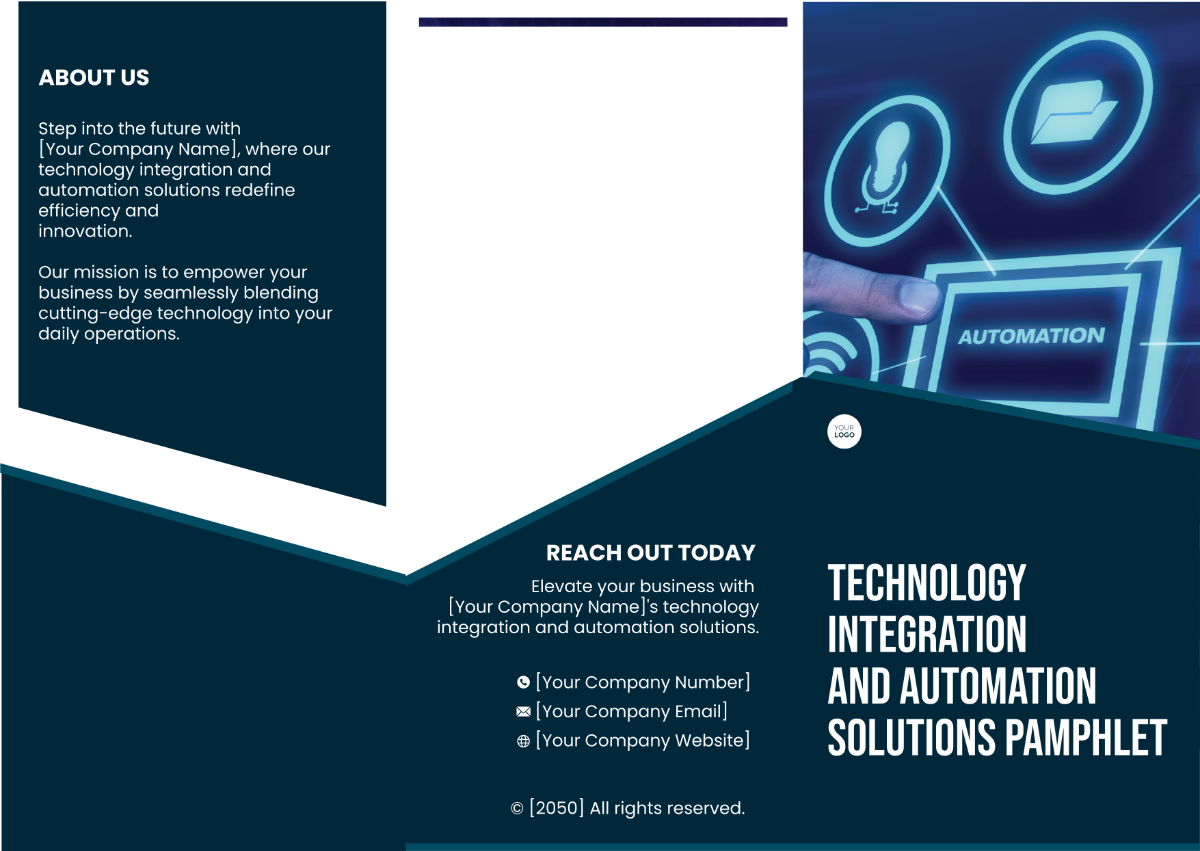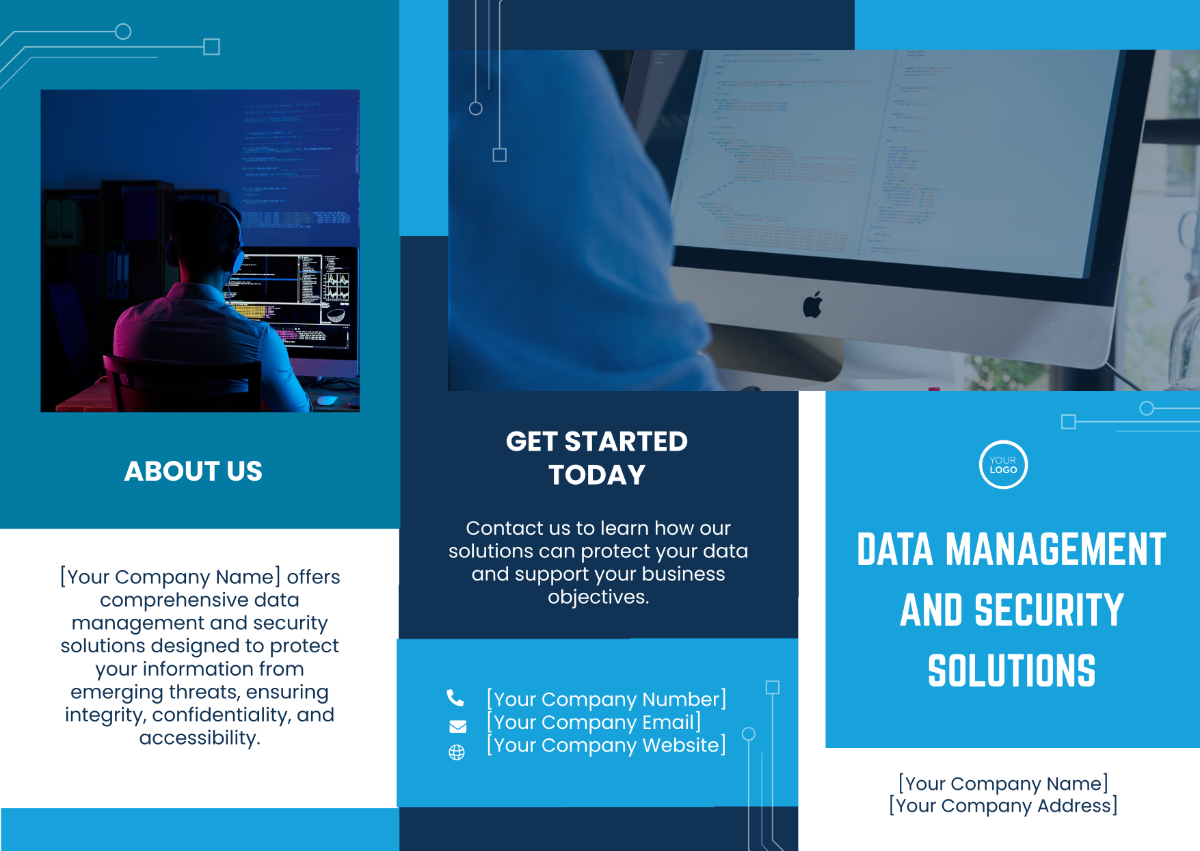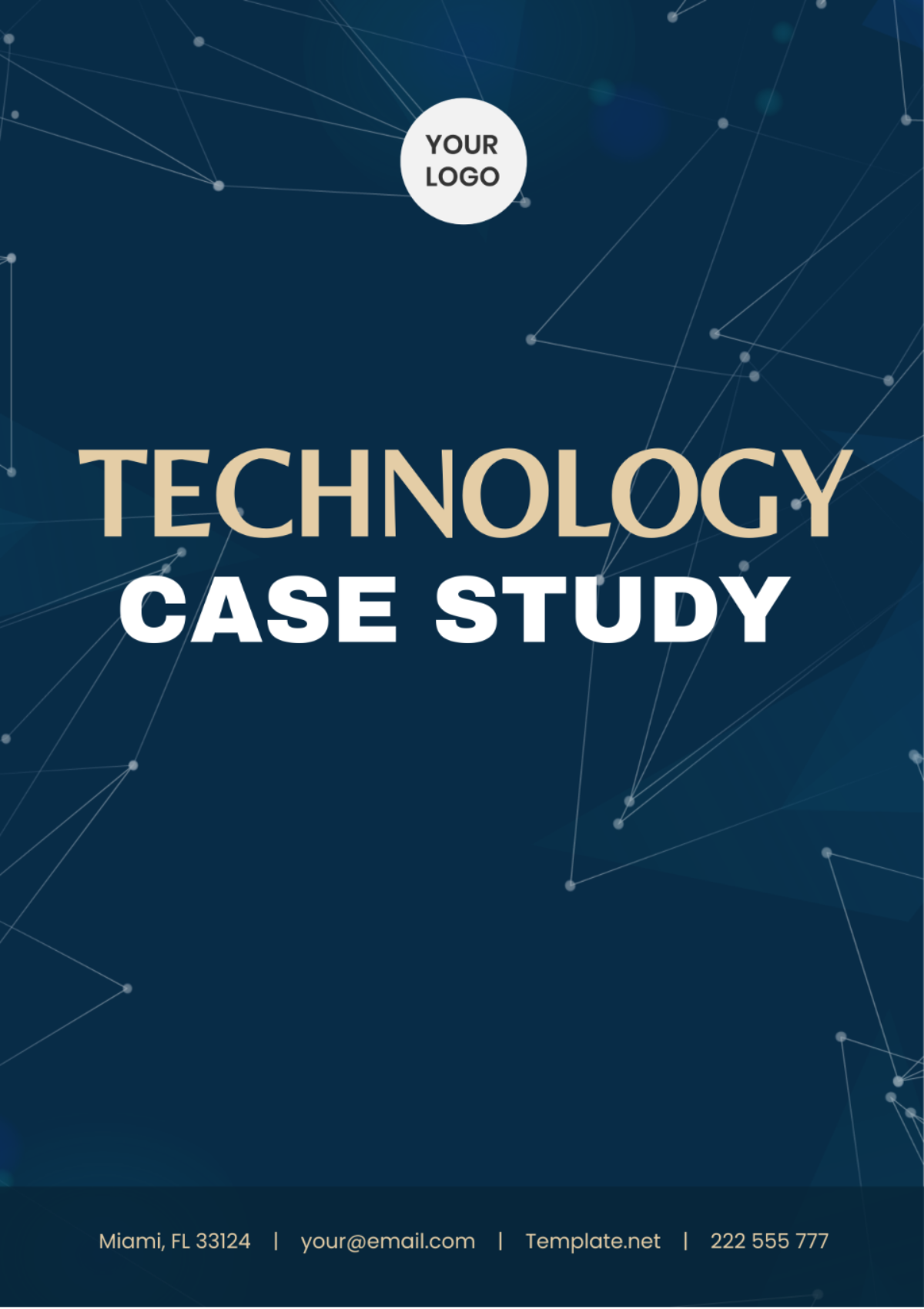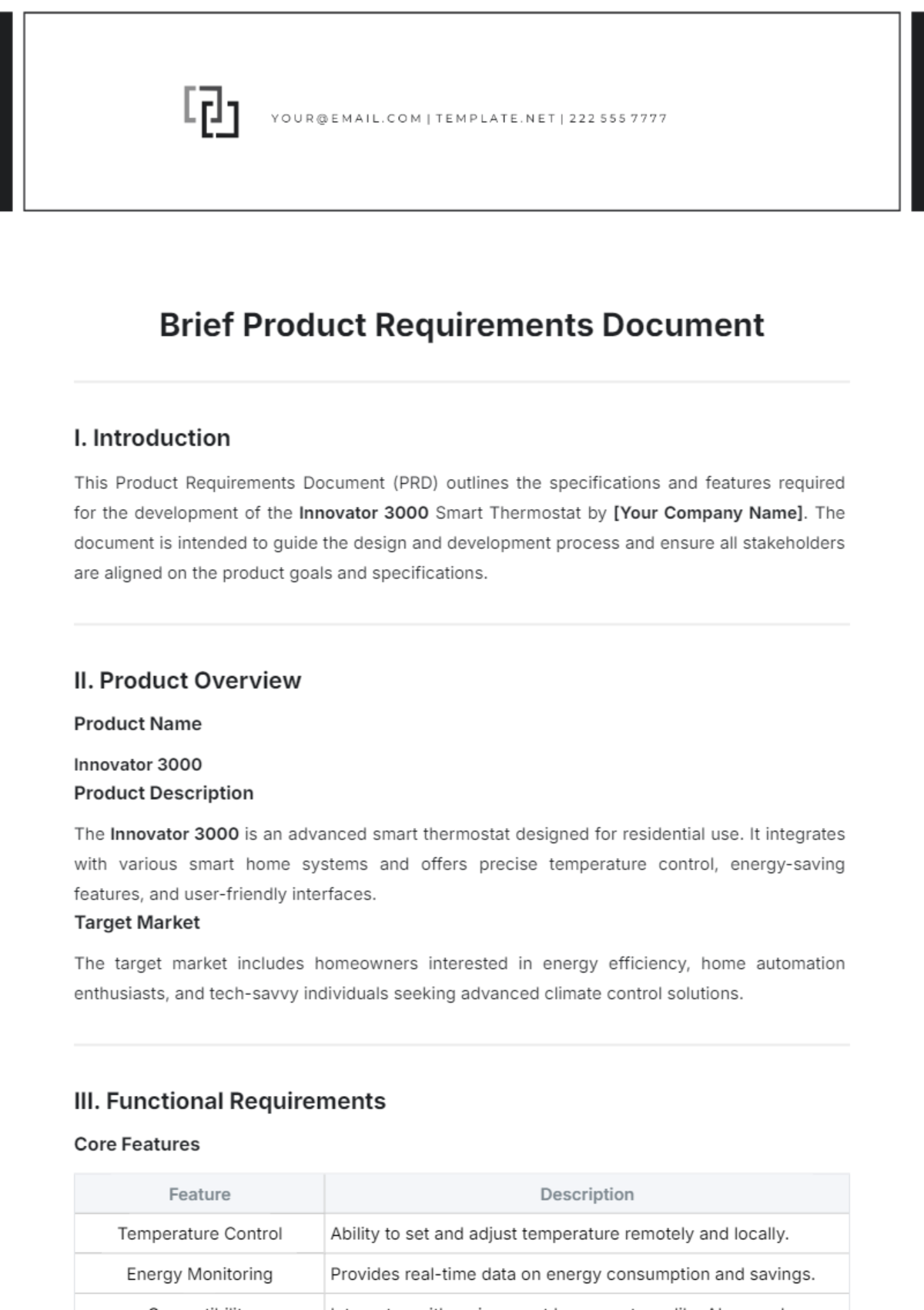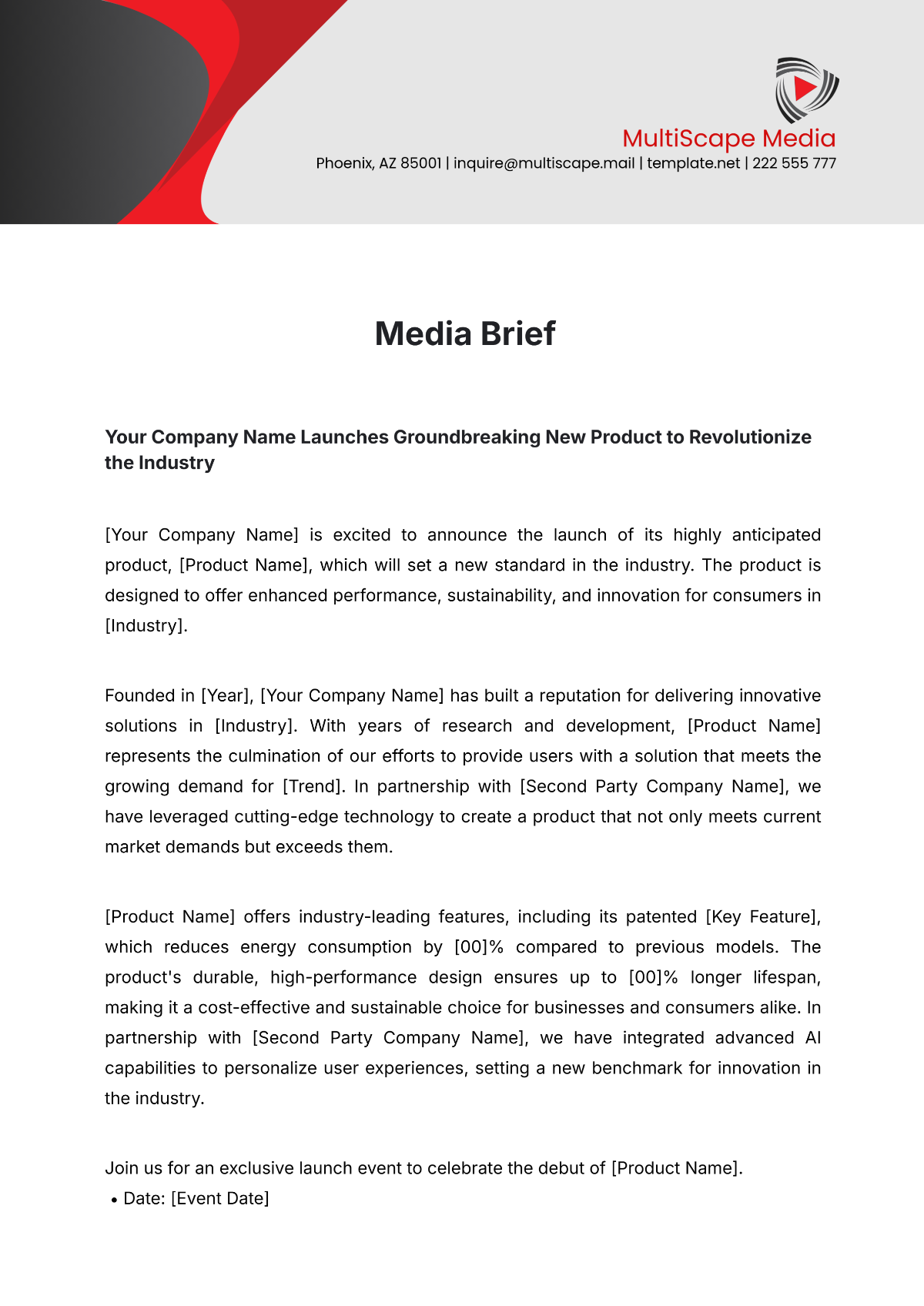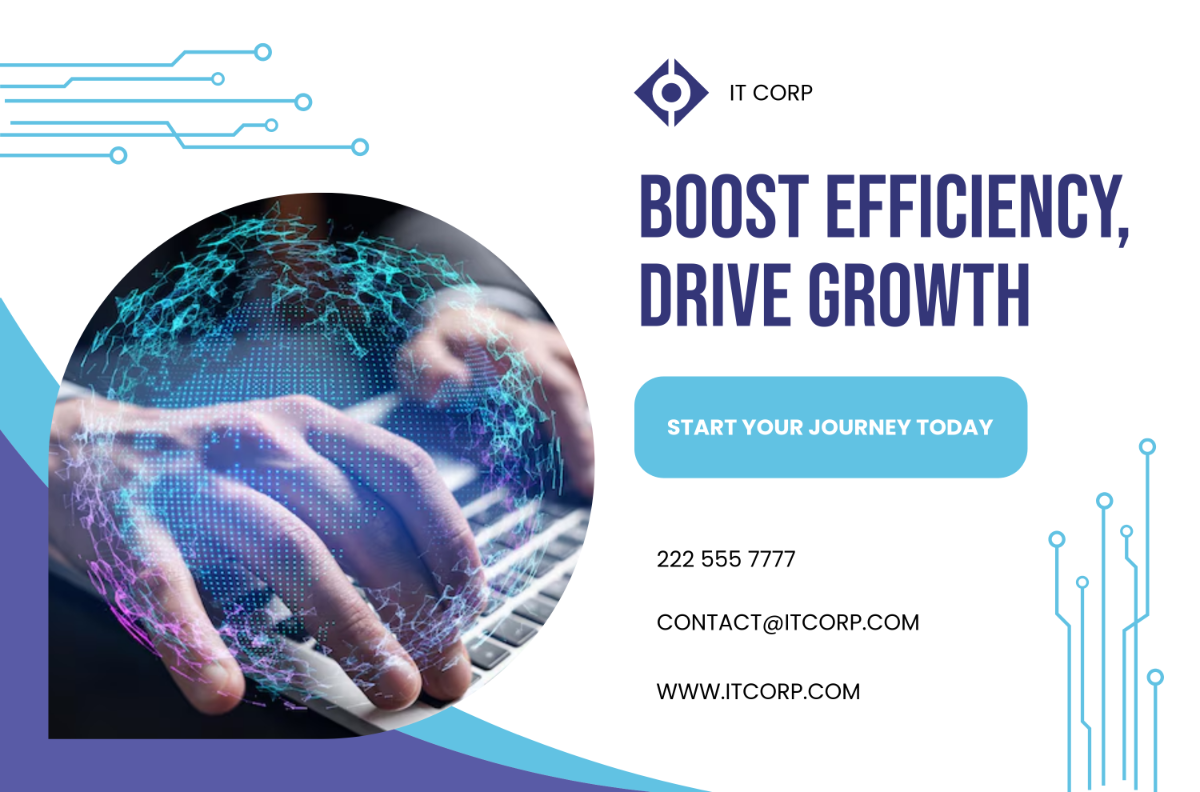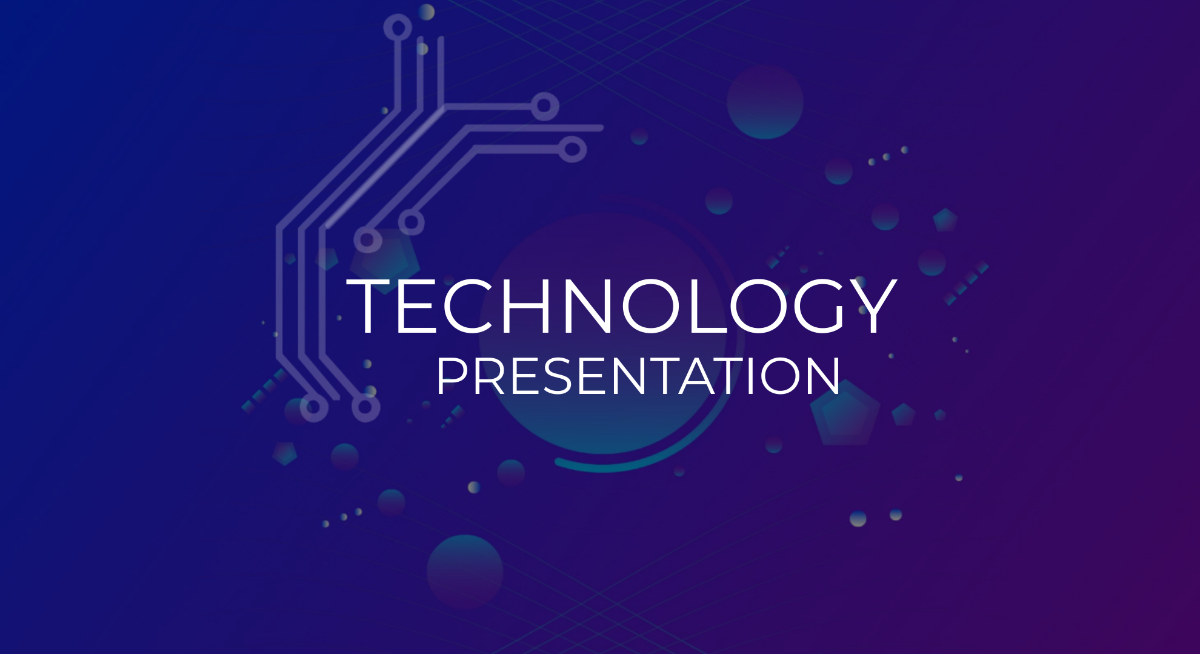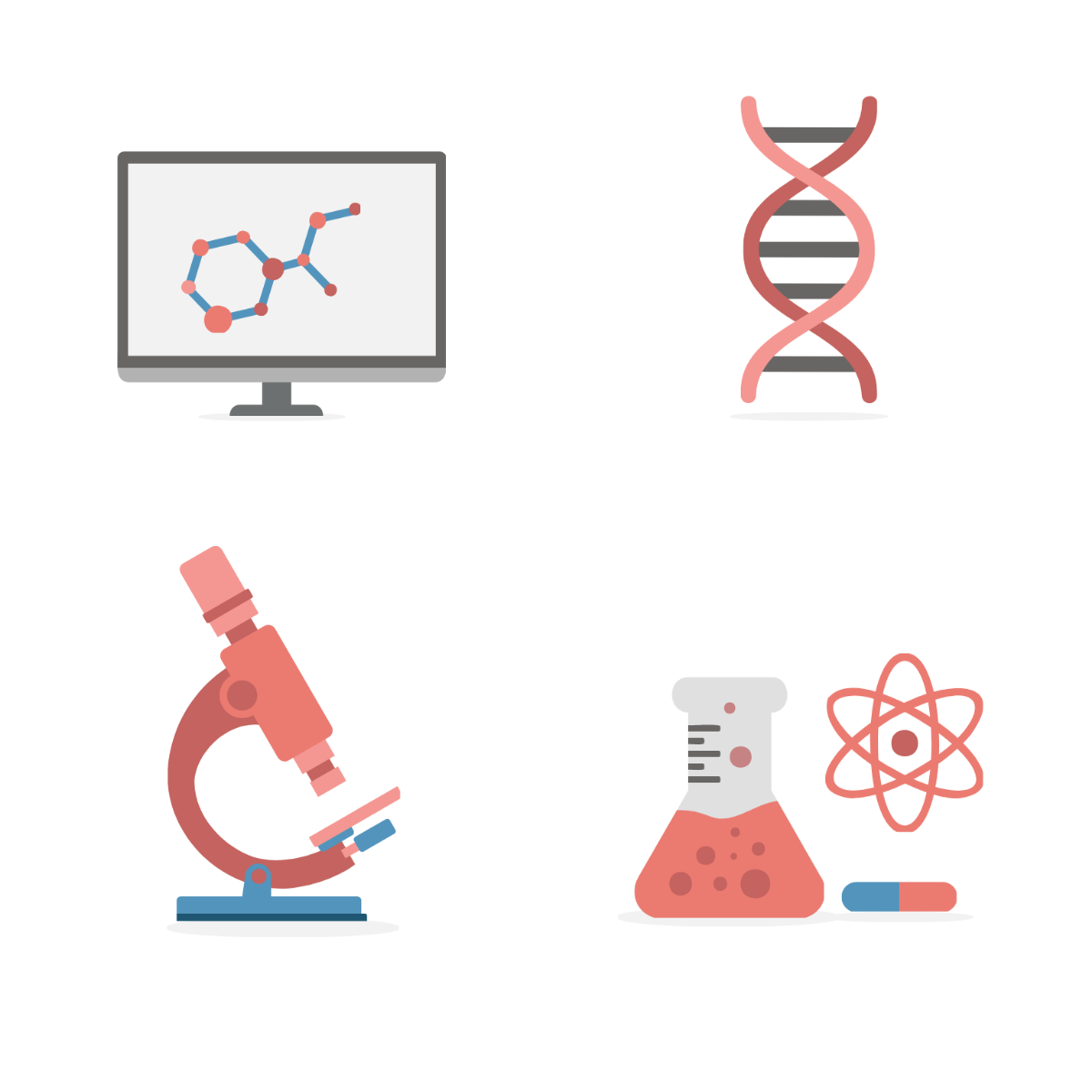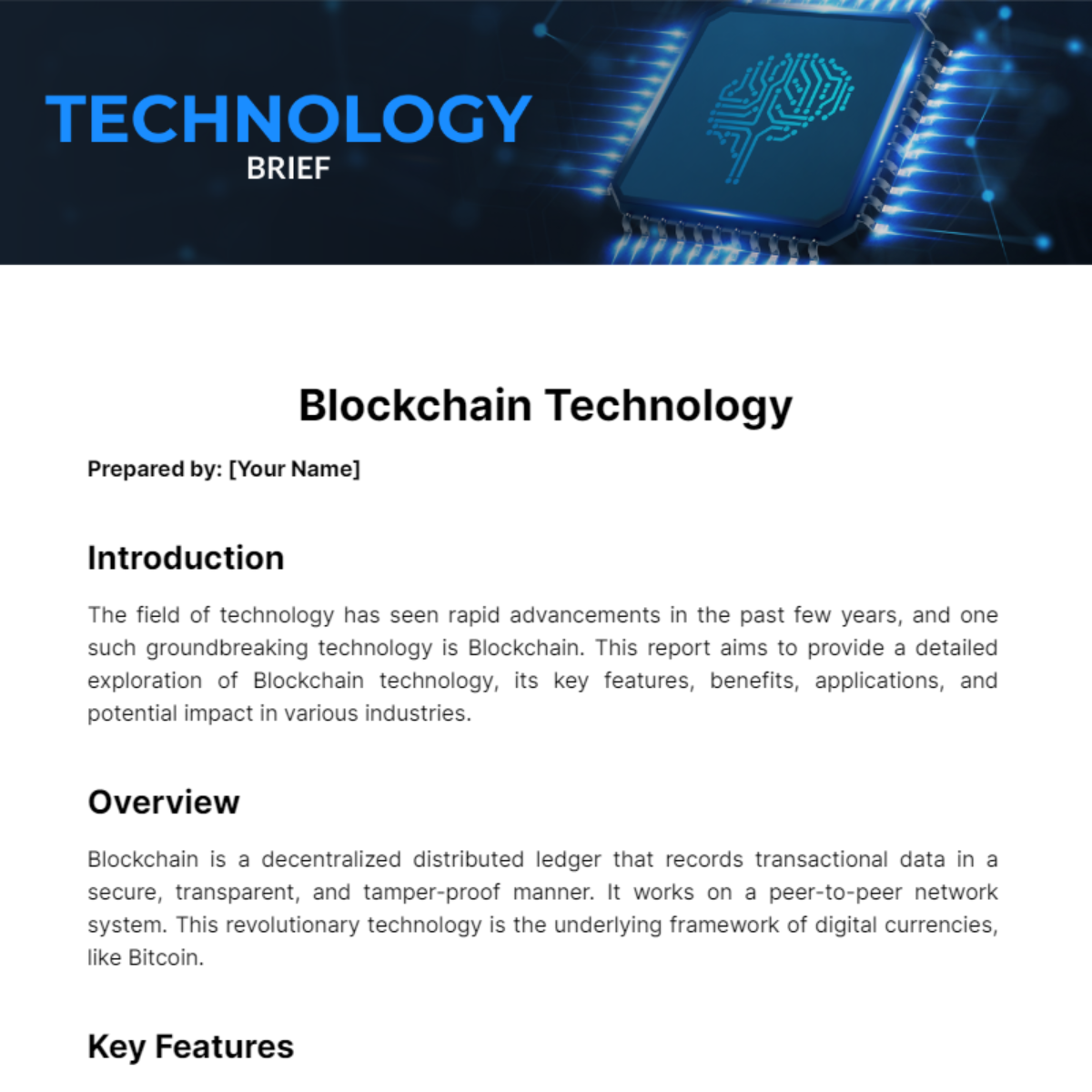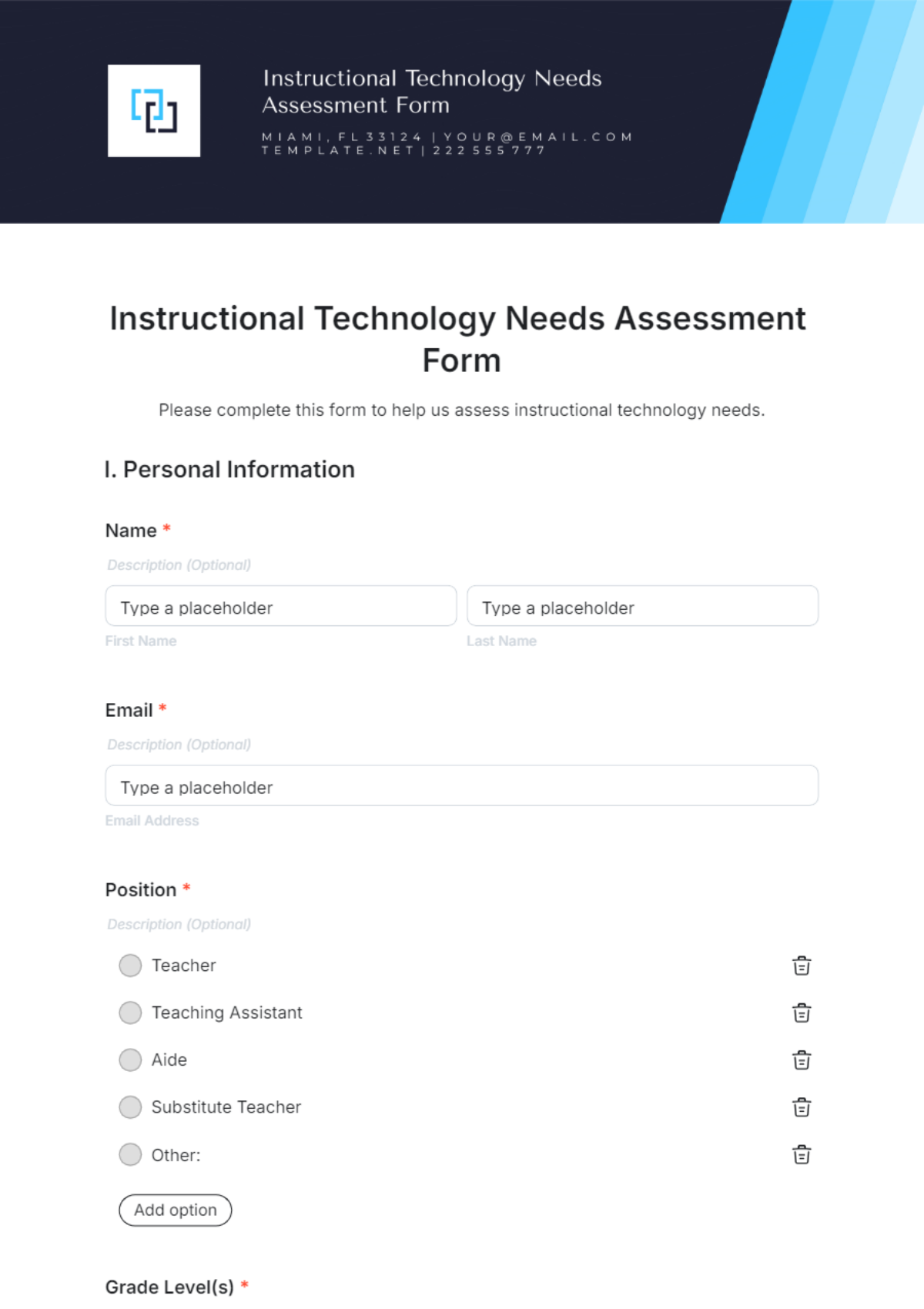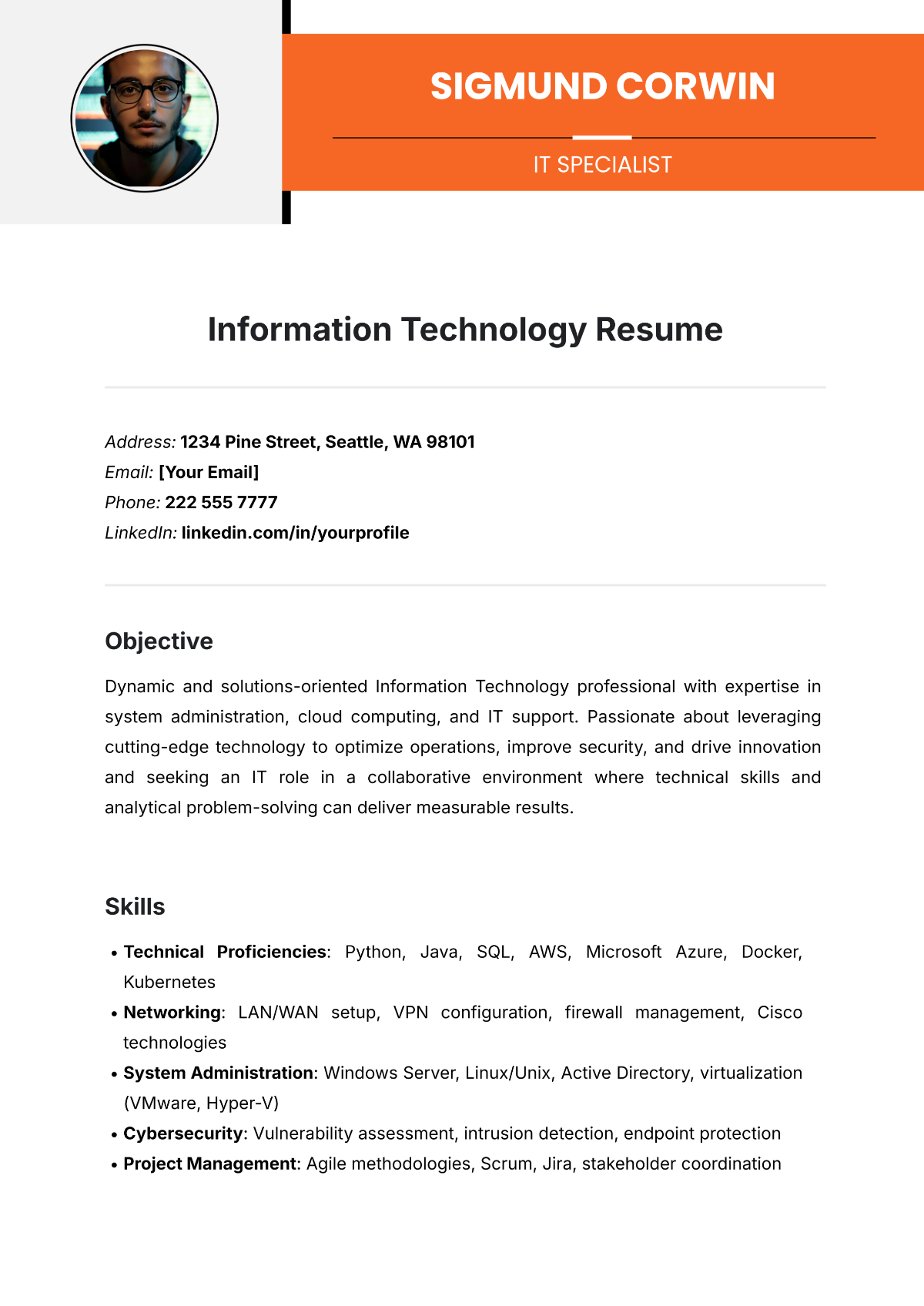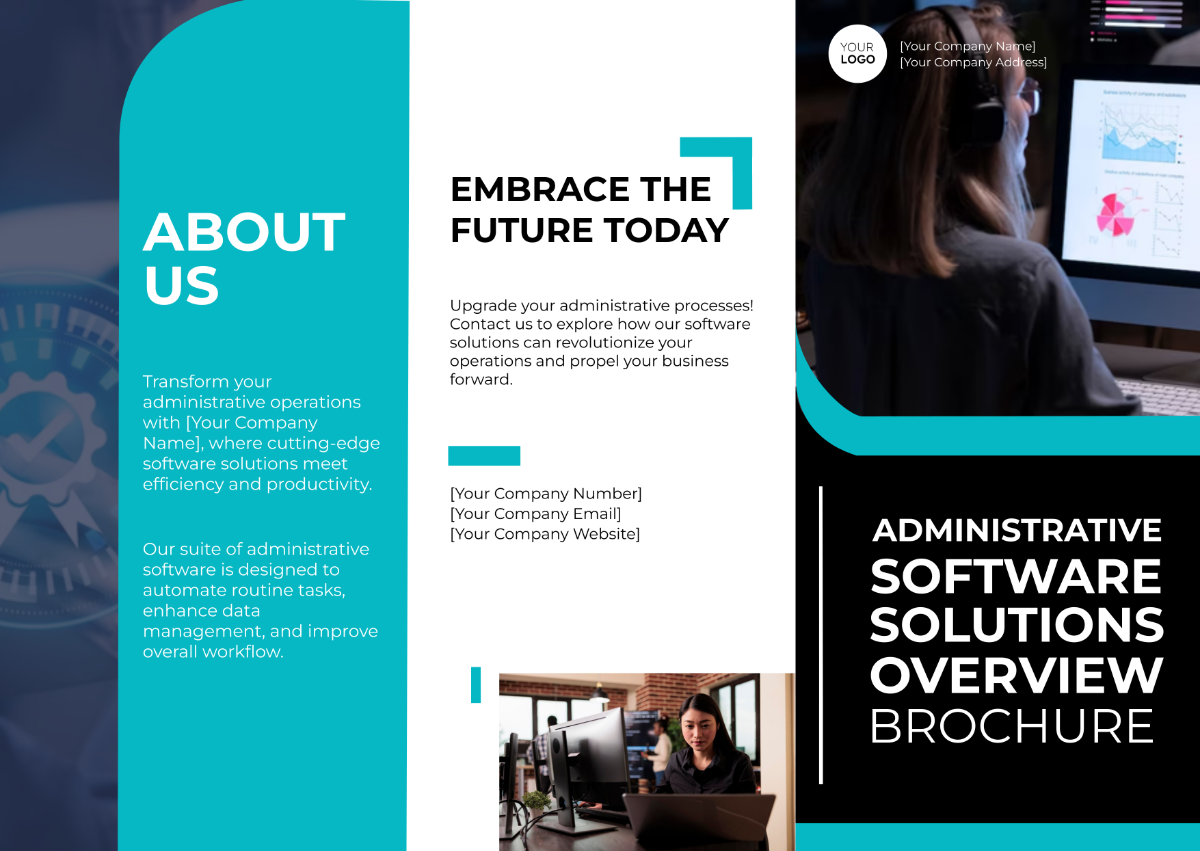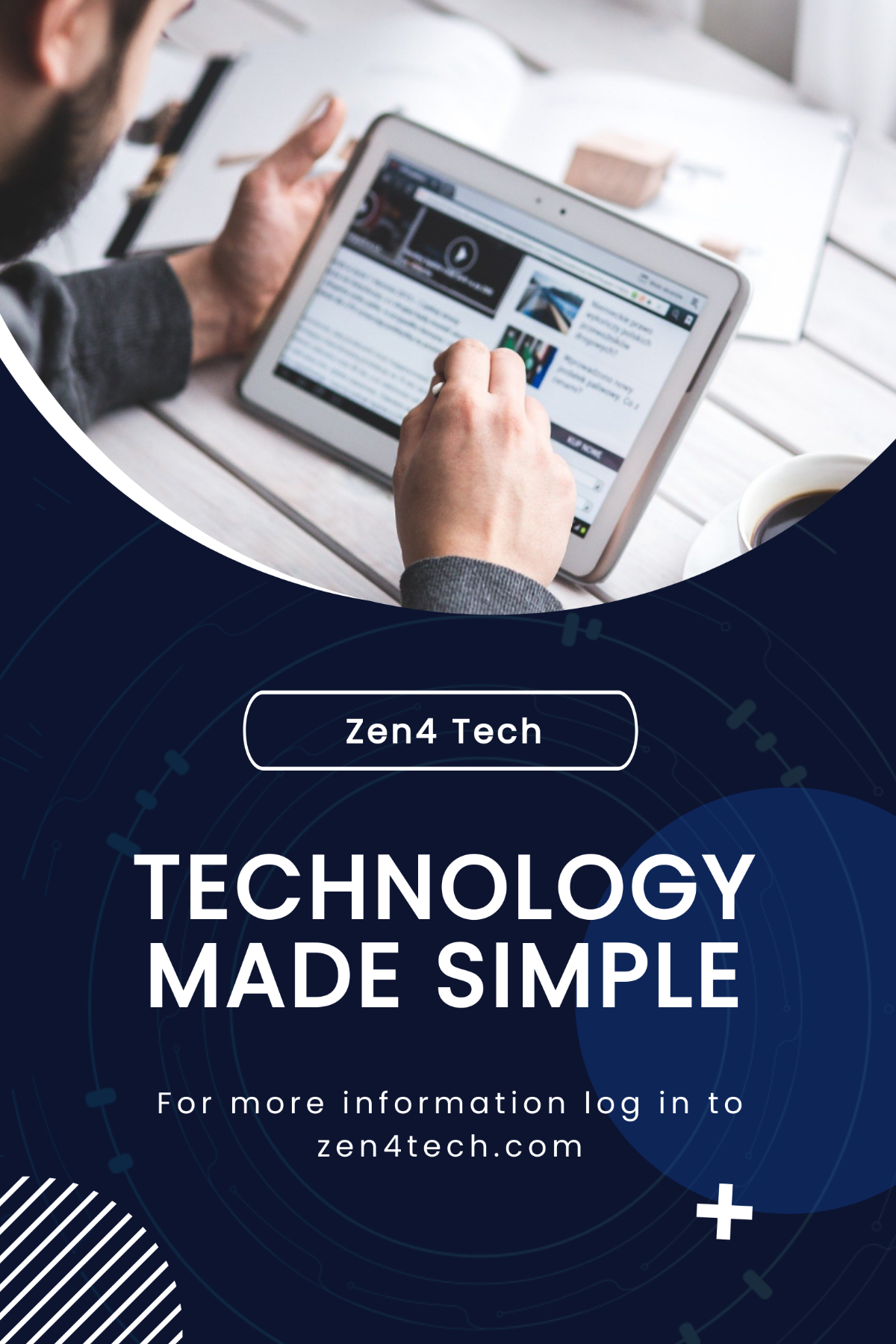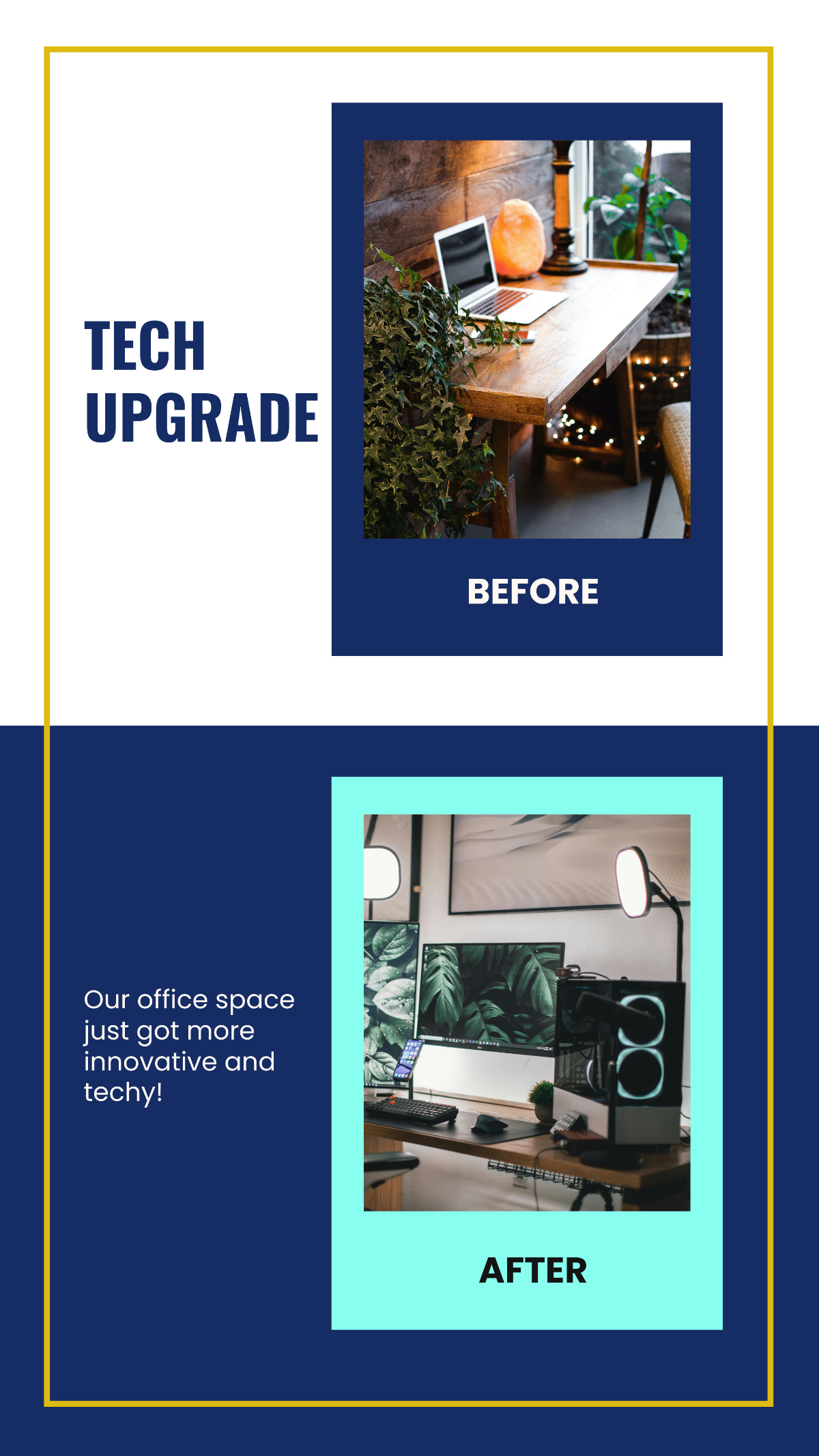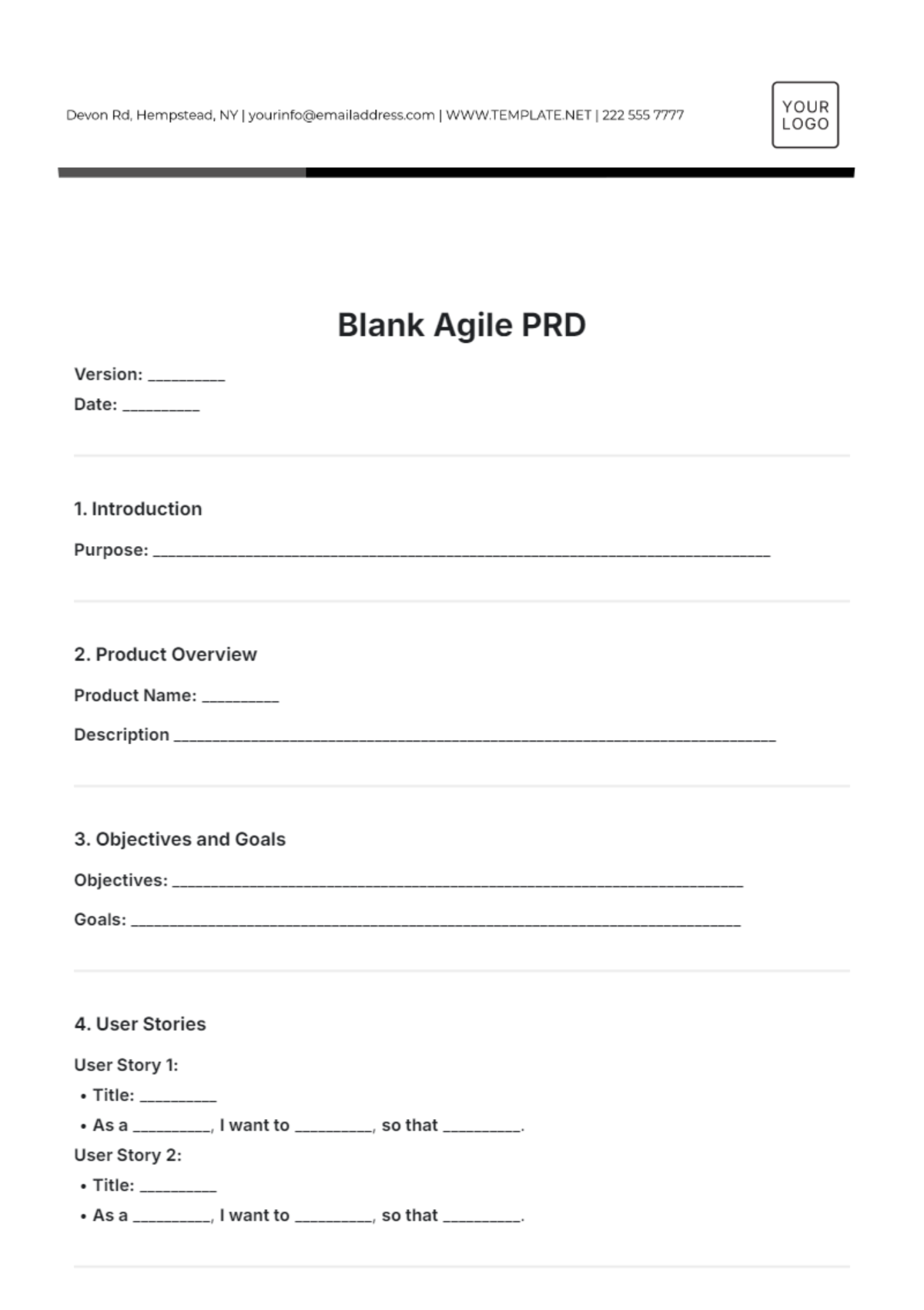Software Management Research Process
Prepared By: [Your Name]
Company Name: [Your Company Name]
1. Introduction
The Software Management Research Process offers a structured framework for evaluating and improving software management practices. This research is focused on analyzing software development methodologies, project management strategies, and lifecycle management practices. The aim is to enhance software quality, increase project efficiency, and align practices with industry standards. By adopting this process, organizations can better understand and implement effective software management strategies.
2. Objectives
The primary objectives of this research process are to:
Evaluate Software Development Methodologies: Assess the effectiveness of methodologies such as Agile, Waterfall, and DevOps in various project contexts.
Analyze Project Management Strategies: Examine strategies and tools used for managing software projects, including planning, execution, and control techniques.
Examine Software Lifecycle Management: Investigate practices across the software lifecycle from development through maintenance to improve overall software quality and project success.
3. Literature Review
3.1 Software Development Methodologies
Agile: Emphasizes iterative development, flexibility, and customer collaboration. Suitable for projects requiring frequent updates and changes.
Waterfall: A linear, sequential approach where each phase must be completed before the next begins. Works well for projects with well-defined requirements and minimal changes.
DevOps: Focuses on integrating development and operations to streamline the software delivery process. Enhances collaboration, automation, and continuous deployment.
Each methodology's strengths, weaknesses, and applicability to different project types are reviewed, providing a comprehensive understanding of their impacts on project outcomes.
3.2 Project Management Strategies
Traditional Project Management (Waterfall): Offers a structured approach with detailed upfront planning and clear milestones. Effective for projects with fixed requirements.
Agile Project Management: Provides flexibility and adaptability through iterative cycles. Includes methodologies such as Scrum and Kanban, which promote continuous improvement and rapid delivery.
Hybrid Approaches: Combine elements of both traditional and Agile methods to balance structure with flexibility, catering to complex project requirements.
The review highlights how these strategies influence project planning, execution, and success rates.
3.3 Software Lifecycle Management
Planning: Involves defining project scope, objectives, and timelines. Effective planning sets clear expectations and aligns resources.
Development: Covers coding and building of the software. Emphasis is placed on maintaining code quality and using best practices.
Testing: Ensures the software meets quality standards through unit, integration, and user acceptance testing.
Deployment: Includes releasing the software to users, encompassing installation, configuration, and training.
Maintenance: Focuses on ongoing support and updates to address issues, fix bugs, and incorporate improvements.
The review examines how effective lifecycle management contributes to software stability and performance.
4. Methodology
4.1 Research Design and Data Collection
The research employs a mixed-method approach:
Qualitative Methods:
Interviews: Conducted with industry experts and practitioners to gather insights into methodologies, strategies, and lifecycle management practices.
Case Studies: Analysis of successful and unsuccessful software projects to understand practical applications and challenges.
Quantitative Methods:
Surveys: Distributed to software development teams and project managers to collect data on current practices, tool usage, and project outcomes.
4.2 Data Analysis
Statistical Analysis: Applied to survey data to identify patterns, trends, and correlations related to software management practices.
Thematic Analysis: Used for interview and case study data to extract key themes and insights into effective practices and areas for improvement.
5. Findings and Analysis
5.1 Evaluation of Methodologies and Strategies
Agile Methodologies: Found to improve flexibility and customer satisfaction but may face challenges with scope creep if not properly managed.
Waterfall Methodologies: Provides a structured approach with clear milestones, beneficial for projects with stable requirements.
DevOps: Enhances deployment efficiency and collaboration between development and operations teams, leading to better overall project outcomes.
5.2 Insights on Lifecycle Management
Planning: Effective planning is crucial for setting clear project expectations and aligning team efforts.
Testing: Rigorous testing is essential for ensuring software quality and reducing post-release issues.
Maintenance: Continuous maintenance is necessary for keeping software updated and addressing user feedback.
6. Recommendations
Based on the research findings, the following recommendations are proposed:
Adopt Agile Methodologies: For projects requiring flexibility and iterative development. Consider using Scrum or Kanban based on project needs.
Utilize Advanced Project Management Tools: Tools like Jira or Asana can enhance project tracking, communication, and efficiency.
Implement Robust Lifecycle Management Practices: Ensure thorough planning, comprehensive testing, and ongoing maintenance to improve software quality and project success.
7. Conclusion
The Software Management Research Process provides valuable insights into improving software management practices. By applying these insights, organizations can enhance their development methodologies, project management strategies, and lifecycle management practices. This leads to better software quality, increased efficiency, and more successful projects.
8. Appendices
Appendix A: Sample Survey Questionnaire
Appendix B: Interview Questions
Appendix C: Case Study Summaries






